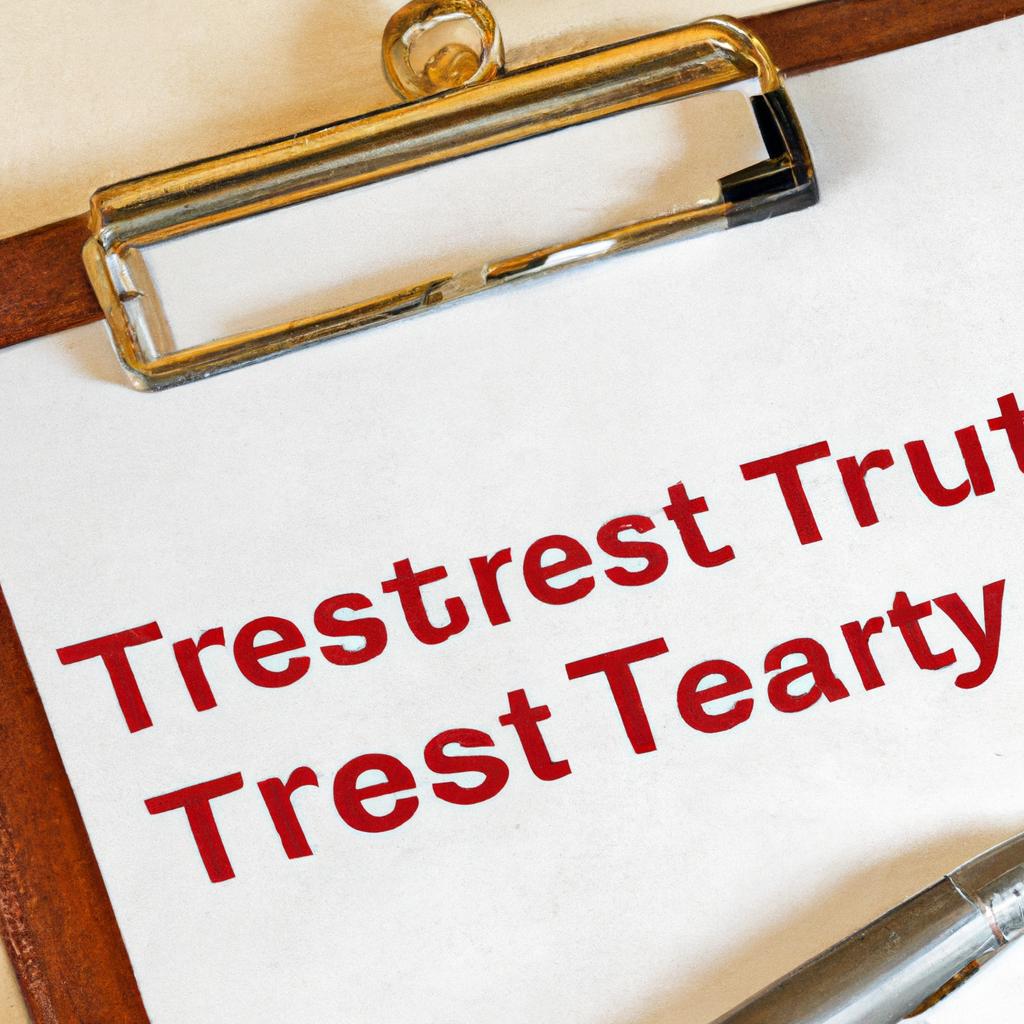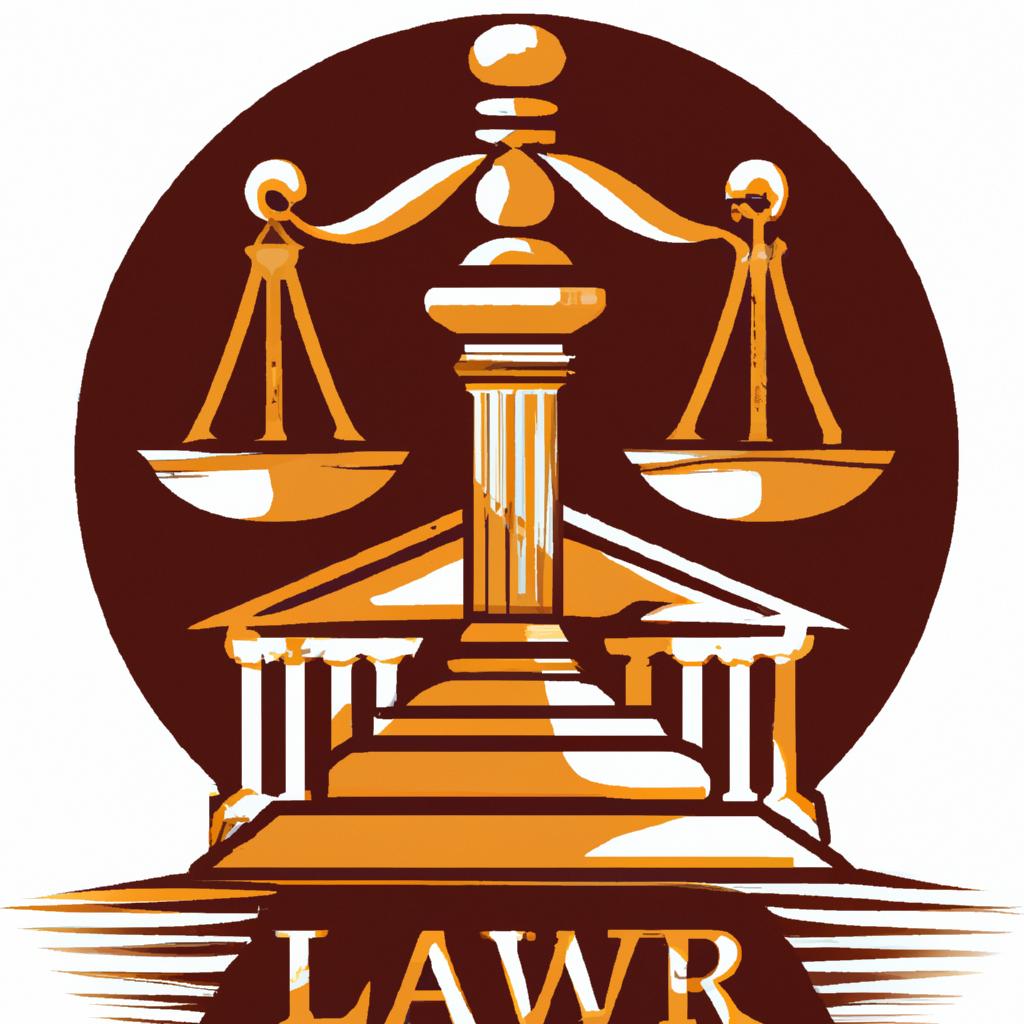In the labyrinthine world of navigating nursing home expenses, families often face the daunting challenge of safeguarding their hard-earned assets from being depleted by exorbitant long-term care costs. As seasoned legal practitioners at Morgan Legal Group in the heart of New York City, we understand the importance of finding strategic solutions to protect the financial well-being of our clients. In this article, we will explore the intricate art of sheltering assets from nursing homes, providing invaluable insights into the intricate legal mechanisms that can help safeguard your savings for future generations.
Strategies to Safeguard Assets from Nursing Home Costs
When it comes to safeguarding assets from nursing home costs, it is essential to be strategic and proactive. One common question that arises is how to protect one’s assets while still being able to qualify for Medicaid benefits for long-term care. Here are some strategies that can help individuals navigate the complex landscape of asset protection:
- Establish Irrevocable Trusts: Setting up irrevocable trusts can help protect assets from nursing home costs as they are no longer considered the individual’s property.
- Transfer Assets to Family Members: Transferring assets to family members can also help safeguard them, but it is crucial to be mindful of the five-year lookback period imposed by Medicaid.
| Strategy | Benefit |
|---|---|
| Irrevocable Trusts | Assets are protected as they are no longer considered the individual’s property. |
| Transfer Assets to Family Members | Assets are safeguarded, but the five-year lookback period must be considered. |
Overall, it is crucial to consult with an experienced attorney specializing in elder law and estate planning to develop a comprehensive asset protection plan tailored to your unique situation. By taking proactive steps and implementing sound strategies, individuals can effectively safeguard their assets while preparing for potential long-term care needs.

Legally Permissible Methods for Protecting Personal Finances
When it comes to protecting personal finances from potential nursing home costs, there are legally permissible methods that individuals can utilize. It is essential to plan ahead and take proactive steps to safeguard assets while still adhering to the law. One effective way to protect finances is through the use of irrevocable trusts. By transferring assets into an irrevocable trust, individuals can ensure that these funds are protected from nursing home expenses.
Another method to safeguard personal finances from nursing home costs is through Medicaid planning. By working with an experienced attorney, individuals can structure their assets in a way that complies with Medicaid regulations while still preserving wealth for future generations. Additionally, setting up a durable power of attorney can allow trusted individuals to manage financial matters in the event of incapacitation, ensuring that finances are protected and managed responsibly.

Creating Trusts to Shield Wealth from Long-Term Care Expenses
When it comes to protecting your assets from the high costs of long-term care, creating trusts can be a valuable strategy. Trusts are legal entities that allow you to transfer ownership of your assets to a trustee, who manages them on behalf of your beneficiaries. By placing your assets in a trust, you can shield them from being counted as part of your financial resources when determining your eligibility for Medicaid benefits to cover long-term care expenses.
There are several types of trusts that can be used to protect your wealth from nursing homes and long-term care expenses, including:
- Irrevocable Trusts: Assets placed in an irrevocable trust are no longer considered yours, which can help you qualify for Medicaid while still preserving assets for your beneficiaries.
- Medicaid Asset Protection Trusts: These trusts are specifically designed to protect your assets from being used up by long-term care expenses, while still allowing you to qualify for Medicaid benefits.

Maximizing Wealth Preservation Through Estate Planning Process
When it comes to maximizing wealth preservation through the estate planning process, one important consideration is how to protect your assets from being depleted by nursing home costs. Fortunately, there are legal strategies that can help you safeguard your financial resources while still ensuring your long-term care needs are met.
One effective way to hide money from nursing homes is by establishing irrevocable trusts. By transferring assets into a trust, you can protect them from being counted as part of your financial resources for Medicaid eligibility purposes. Another option is to gift assets to family members or loved ones, reducing your own personal wealth while still retaining control over the assets. Additionally, utilizing annuities and life insurance policies can also be effective tools for preserving wealth while planning for long-term care needs.
Q&A
Q: Why would someone want to hide money from nursing homes?
A: To potentially avoid having their assets used to pay for expensive long-term care.
Q: Is it legal to hide money from nursing homes?
A: While there are legal ways to protect assets from being depleted by nursing home costs, hiding money through fraudulent means is illegal.
Q: What are some strategies for hiding money from nursing homes?
A: Creating a trust, transferring assets to a spouse or family member, purchasing annuities, or investing in exempt assets like a primary residence.
Q: How can someone ensure their money is safely hidden?
A: Consulting with a financial advisor or elder law attorney who can provide guidance on legal and ethical ways to protect assets from nursing home costs.
Q: What are the potential consequences of attempting to hide money from nursing homes?
A: Legal repercussions, loss of eligibility for Medicaid benefits, and damage to one’s reputation and relationships.
In Summary
In conclusion, finding ways to protect your personal assets and savings from nursing home costs can be a daunting task. However, with careful planning and consideration of legal options, it is possible to safeguard your financial resources for the future. Remember, seeking the advice of a financial planner or elder law attorney can help you navigate the complex landscape of long-term care planning. By taking proactive steps now, you can ensure that your hard-earned money remains secure and accessible when you need it most. Thank you for reading and best of luck in your financial planning endeavors.
 Are you worried that your savings and assets could be drained away by the high cost of nursing homes? If so, you’re not alone. According to the U.S. Department of Health and Human Services, the average cost of a private room in a nursing home is over $100,000 per year. And with the rising costs of healthcare, it’s no surprise that many people are concerned about protecting their hard-earned money from being used for nursing home expenses.
Are you worried that your savings and assets could be drained away by the high cost of nursing homes? If so, you’re not alone. According to the U.S. Department of Health and Human Services, the average cost of a private room in a nursing home is over $100,000 per year. And with the rising costs of healthcare, it’s no surprise that many people are concerned about protecting their hard-earned money from being used for nursing home expenses.
Fortunately, there are ways to legally and ethically protect your assets from nursing homes. In this article, we’ll explore how you can hide money from nursing homes and maintain the lifestyle you’ve worked hard to build. So, let’s get started!
1. Plan ahead and consult with an estate planning attorney
The key to successfully protecting your assets from nursing homes is to plan ahead. Don’t wait until you or a loved one needs long-term care to start considering how to protect your assets. Consult with an estate planning attorney to create a solid plan that meets your specific financial and healthcare needs.
2. Create a trust
One of the most effective strategies for hiding money from nursing homes is to create an irrevocable trust. This type of trust is managed by a trustee and can be used to hold your assets and distribute them according to your wishes. Once the trust is created, the assets are no longer considered yours and are not subject to nursing home expenses.
3. Transfer assets to family members
Another way to protect your assets from nursing homes is by transferring them to family members. However, this must be done at least 60 months before entering a nursing home to avoid penalties. It’s crucial to consult with an estate planning attorney before making any transfers to ensure they are done properly and within the legal limits.
4. Purchase an annuity
An annuity is a contract between an individual and an insurance company where the individual pays a lump sum or regular payments in exchange for guaranteed income in the future. By purchasing an annuity, you can convert your assets into a form that is not countable for Medicaid eligibility.
5. Consider long-term care insurance
Long-term care insurance can provide coverage for nursing home expenses, allowing you to protect your assets for yourself and your family. However, the cost of insurance can be high, and the coverage may not be sufficient for all nursing home expenses. Be sure to carefully review and compare different policies to find one that best fits your needs.
6. Keep accurate financial records
To protect your assets from nursing homes, it’s essential to keep accurate financial records. This includes detailing your income, assets, and expenditures. This will not only help you keep track of your finances but also provide proof of your expenses in case of an audit.
7. Maximize exemptions and deductions
Another way to reduce your assets and protect them from nursing homes is to take advantage of exemptions and deductions. This includes exemptions for primary residences, vehicles, and personal property. You may also be able to deduct medical expenses and other expenses related to long-term care.
In conclusion, it’s crucial to plan ahead and consult with professionals when considering how to hide money from nursing homes. Everyone’s financial situation is different, and what works for one person may not work for another. Be sure to carefully review all options and make decisions that align with your financial and healthcare goals.
Remember, it’s never too early to start planning for the future and protecting your assets from nursing homes. By being proactive and taking the necessary steps, you can ensure that your assets are well-protected and that you and your loved ones can maintain a comfortable lifestyle in the face of long-term care needs.

